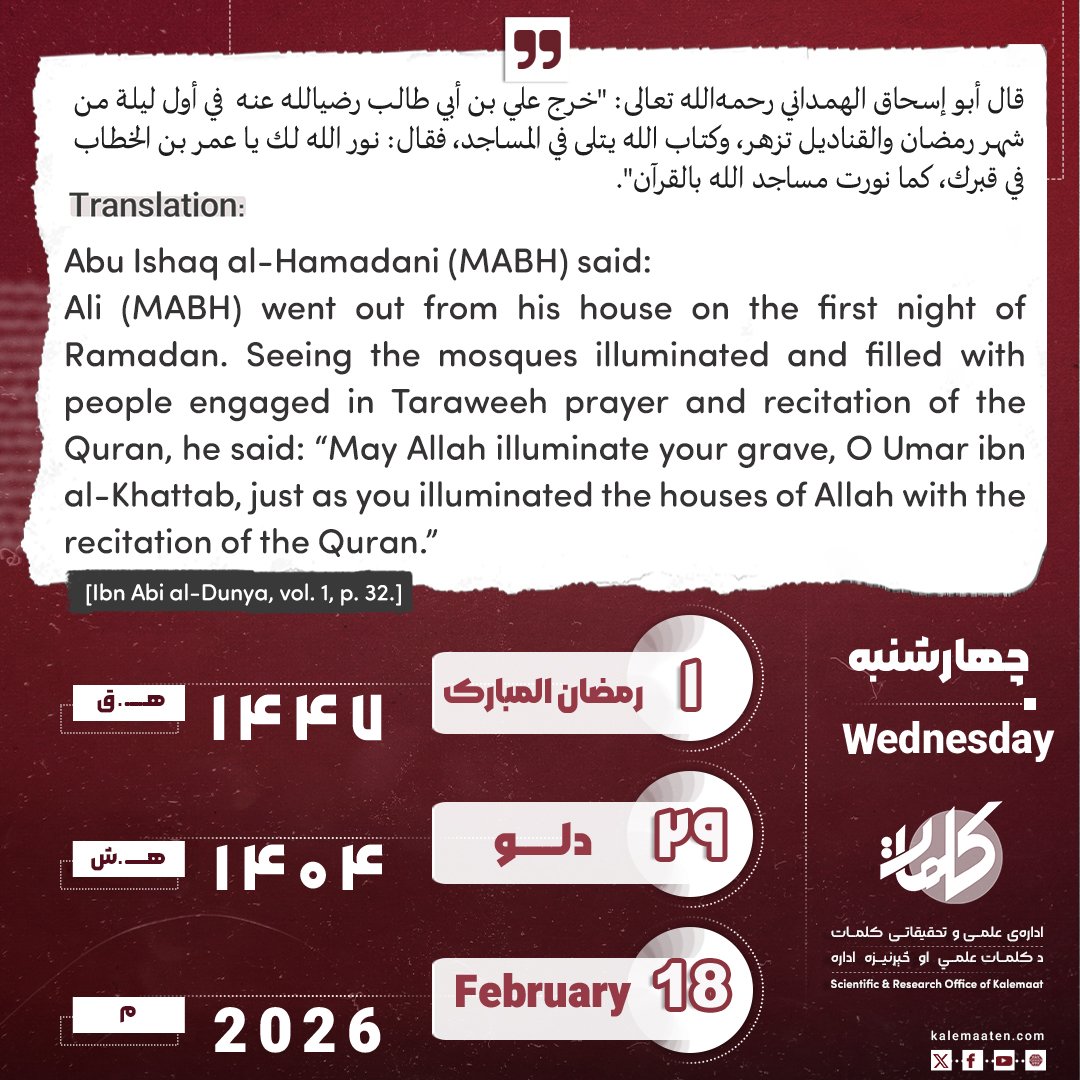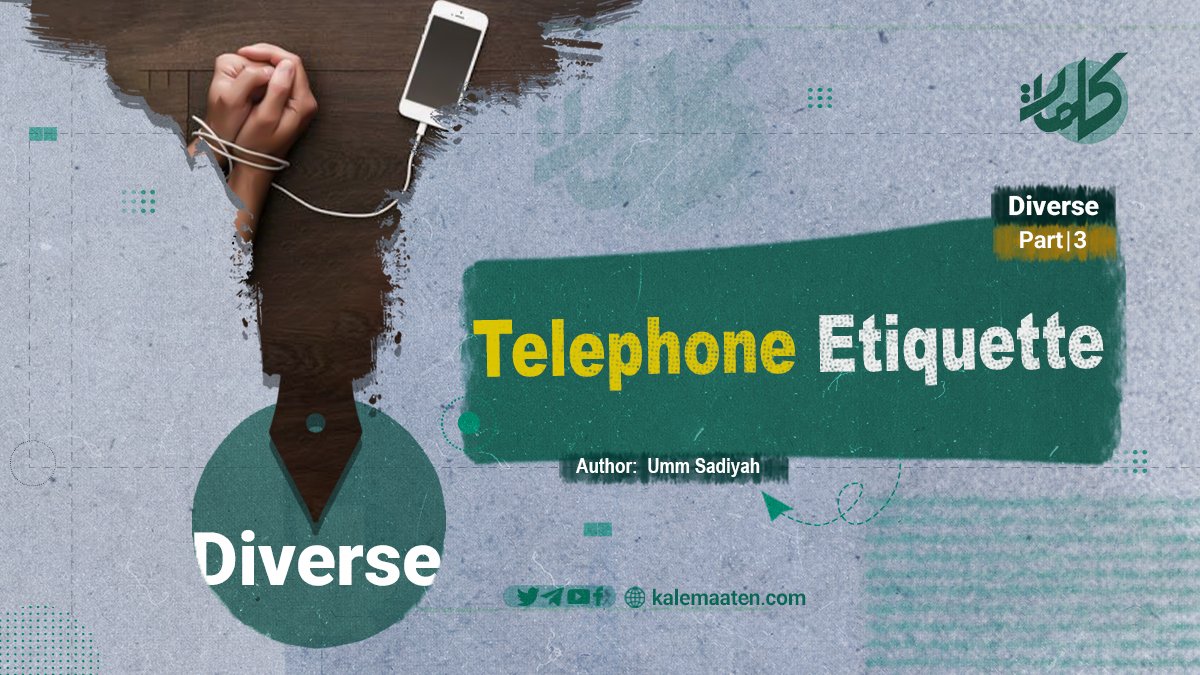Author: Umm Sadiyah
Telephone Etiquette (Part Three)
Seventh Etiquette: Avoiding Unnecessarily Occupying Public Telephones for Long Periods
Some people use public telephone booths or payphones. When phone lines are busy, someone might attempt to make a call and end up occupying the line unnecessarily while others are waiting to use it. This can cause significant inconvenience and problems. The delay may lead to frustration, disputes, and arguments with others. It is better for a person, after several unsuccessful attempts to make a call, to leave the booth and allow others to use it, then try again later.
Additionally, individuals who engage in long conversations about trivial matters while others are waiting for important calls may negatively impact public welfare or cause unnecessary difficulties. Therefore, public phones should not be occupied for unimportant matters unless one is sure that no one else needs to use them. If a person realizes that someone is waiting, they should end their conversation and let the other person use the phone. This behavior reflects the good character of a Muslim, who should not be selfish, harm others’ interests, or cause anyone distress.
Eighth Etiquette: The Caller Should End the Conversation
Once the purpose of the conversation has been fulfilled, the caller should be the one to end the conversation with words that indicate its conclusion, such as a farewell. This is because the caller is like a visitor or someone knocking on a door; he is the one requesting to communicate. Just as it would be inappropriate for the host to dismiss a guest abruptly, it is also improper for the receiver of the call to terminate the conversation first. Therefore, it is preferable for the caller to end the conversation, as this essentially serves as seeking permission from the receiver to conclude the call. In this way, the caller will not feel uncomfortable about the conversation being ended by the other party.
Ninth etiquette: gently placing the phone down after the conversation ends:
When the caller has finished the telephone conversation and wishes to hang up, they should place the phone down gently after saying goodbye, ensuring the other person understands that the conversation has ended. The phone should not be put down harshly, as this might make the other person think that something has gone wrong or that the caller is angry. A Muslim should always strive to avoid any words or actions that could lead to discord or misunderstanding between them and their fellow Muslims. Allah the Almighty says: «وَقُلْ لِعِبَادِي يَقُولُوا الَّتِي هِيَ أَحْسَنُ إِنَّ الشَّيْطَانَ يَنْزَغُ بَيْنَهُمْ إِنَّ الشَّيْطَانَ كَانَ لِلْإِنْسَانِ عَدُوًّا مُبِينًا»؛ Translation: “And tell My servants to speak in the best manner, for indeed, Satan sows discord among them. Surely, Satan is a clear enemy to mankind.” [Surah Al-Isra, Ayah 53]
This verse emphasizes the importance of using kind and pleasant words, leaving no room for Satan to create division and enmity among people.
Continues…
[1] – Surah Al-Isra, verse 53.



